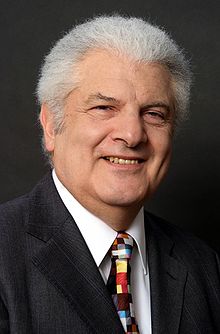To create a modern society based on freedom we need a financial system built on a clear understanding of the borders between
- what the individual citizen may retain as private property, and
- what must be recognized as the property of society.
The tragedy of the West is that a few people (the feudal aristocracy) privatized the rents that people generated. This created confusion between two pricing mechanisms:
1. the prices charged in markets for consumer goods, and
2. the prices charged to fund public services.
By understanding the differences between these two pricing mechanisms, it is possible to make the public and private sectors work together to create maximum welfare for both the individual and society.
But how much rent is produced in the economy? There is no answer to this question in the economic literature, so we have to go back to the beginning to work out the facts.
ATCOR: the Taxing Math
More than 300 years ago, English philosopher John Locke explained in Some Considerations of the Lowering of Interest and the Raising the Value of Money (1691) that it would be "in vain" for a country to lay taxes on anything other than land, for "there at least it will terminate".
- The merchant won't bear taxes, and
- the laborer cannot bear it. So they pass taxes on in higher prices.
But someone must pay: who? Locke was emphatic: taxes ultimately come out of a nation's rents.
- Taxes, when added to wages and profits, reduce what is left: the net income is then paid as rent.
(Note: You can view every article as one long page if you sign up as an Advocate Member, or higher).





